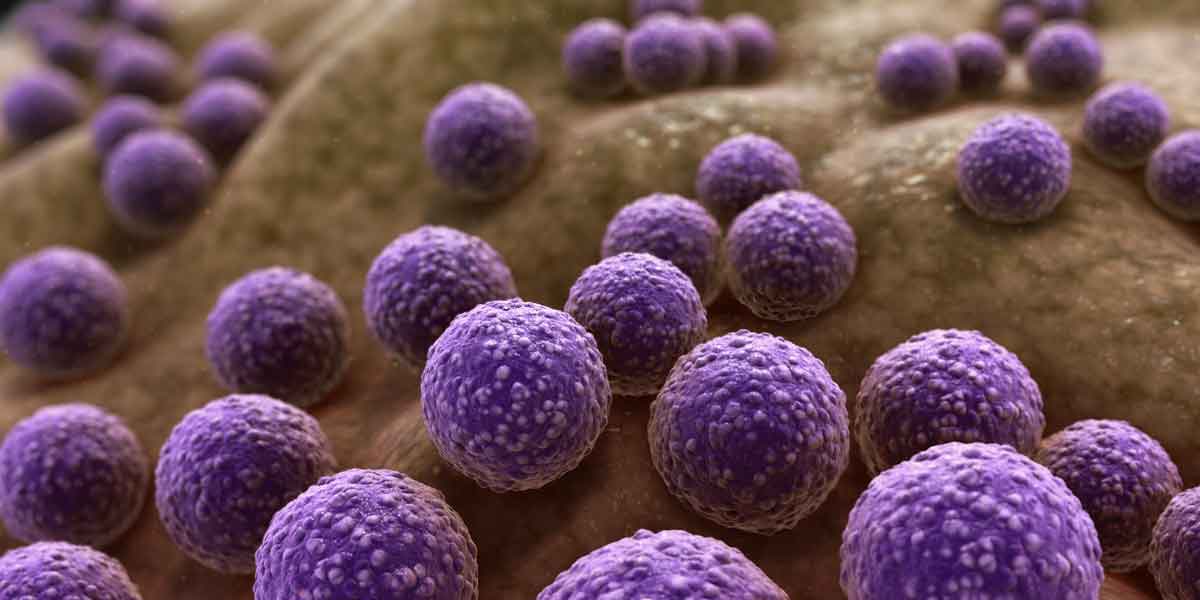
By Lisa Fields
With cold and flu season looming, and with COVID-19 still a threat, you may be placing more of an emphasis than usual on staying healthy this fall and winter. Fortunately, there are a number of things which you can do to help boost your immune system naturally, which may help your body fight off harmful pathogens.
Try adding any, or all, of these lifestyle changes to your daily routine:
Eating a more plant-based diet. A diet that’s rich in whole foods—including fruits and vegetables, whole grains, nuts, and legumes—will provide you with more vitamins and nutrients than one filled with processed foods.
“A plant-based diet can help with reducing inflammatory state in the body and, thus, can help strengthen the immune system,” says Natasha Fuksina, MD, a board-certified internal medicine specialist based in Newark, New Jersey. “Green, leafy vegetables provide antioxidants, which help fight inflammation. Eating a sufficient amount of fruits and vegetables will provide the body with carotenoids, which protect against oxidative damage and help T cells—part of the immune system—as well as flavonoids, which have antiviral properties and stimulate T-cells.” This doesn’t mean you have to go entirely plant-based, but adding more fruits and veggies into your diet certainly won’t go amiss.
Keeping your gut healthy. In recent years, researchers have realized that intestinal health influences immune function. You may change the composition of your gut bacteria by consuming probiotics. “Taking probiotics with high amounts of various species of good bacteria can help boost immune function by populating healthy bacteria in the gut,” Fuksina says. “Good bacteria help promote the strengthening of the intestinal barrier, which protects the body against harmful microbes.”
Fermented foods like sauerkraut, kimchi, and pickles may be rich in probiotics, as well as cultured or fermented dairy products like yogurt, buttermilk, and kefir. Look for “Lactobacillus acidophilus” or “Bifidobacterium bifidum” on food labels.
Lowering your stress levels. Research shows that experiencing too much stress may make you susceptible to illness. Reducing the amount of stress in your life may have a positive impact on your immune system. “Try finding a few ways to focus your mind, or do an activity that helps to relieve stress when you notice the stress level is increasing,” says Caryn Campanelli, a certified personal trainer based in Berlin, New Jersey. “Reducing stress can be through a variety of self-care activities, from physical exercise, yoga, massage, mindfulness exercises—such as breathing exercises and meditation—and identifying sources of stress and ways to reduce the sources [or] ways to change one’s personal reaction to the source.”
Spending time in nature. Spending time in green spaces has been shown to strengthen immunity. “Letting our kids play in nature strengthens their immune system,” says Karina Krepp, a New York City-based certified personal trainer.
Some people go one step further when they’re in nature, going barefoot to feel the earth beneath their feet. This practice, called grounding, has been shown to help reduce inflammation, which may keep the immune system functioning optimally. The practice may also help you reduce your stress levels. “Walking on the earth with your shoes off is an easy way to reduce our experience of pain and anxiety, improving our mood,” Krepp says.
Staying hydrated. Some research shows that dehydration may cause oxidative stress, which triggers inflammation, causing the immune system to respond. Drinking enough water throughout the day may counteract this process. Staying well-hydrated also helps your body rid itself of bacteria, toxins, and other waste while transporting nutrients through the bloodstream.
“If you are dehydrated, your bloodstream slows… so it is harder to transport nutrients where they need to go,” says Kristin Foust, a nutrition coach and certified personal trainer based in Denver. “The more toxins and bacteria in your body that can’t be flushed out, the weaker your immune system is, because it’s fighting so many things at once.”
To stay well-hydrated, drink “half your body weight, in pounds, in ounces of water a day,” Foust says. “Drinks like tea and sparkling water count towards this.”
Exercising outside. Getting regular physical activity has been shown to strengthen your immune system and lower your risk of illness and chronic disease. “Those that perform regular exercise have a lower risk for many pathologies—that is, heart disease, diabetes, some cancers,” says Rick Richey, a New York City-based certified personal trainer. “It can also bolster your immune system, making exercisers more resilient against the symptoms of seasonal sicknesses.”
Taking your workout outdoors may strengthen your immune system further, because exposing yourself to sunlight helps your skin make vitamin D. “Adequate amounts of vitamin D is extremely important in the proper function of the immune system,” Fuksina says. “Several recent studies demonstrated a link between low vitamin D levels and poor responses to SARS-CoV-2 [the virus that causes COVID-19].”
Getting enough rest. Sleep helps your body recharge. Research shows that when you don’t get enough rest, your immune system isn’t as effective at fighting illness. “[Get] adequate sleep—at least 7 ½ hours per night,” Fuksina says.
If you get into bed at a reasonable hour and still have trouble falling asleep, blue light exposure may be the culprit. The blue light that smartphones, tablets, and laptops emit prevents you from producing melatonin, a hormone which makes you sleepy as bedtime nears. If you typically look at your devices all evening, stop an hour or two before bedtime; you may notice a difference.
Washing your hands regularly. Viruses and bacteria often enter your system when you touch your eyes, nose, or mouth with dirty hands. Give your immune system fewer bugs to fight off by cleaning your hands often. Wash with soap and water before and after eating or preparing food, before and after using the bathroom, after blowing your nose, when you’ve touched shared surfaces and whenever your hands appear soiled. (https://blog.fitbit.com)
This information is for educational purposes only and is not intended as a substitute for medical diagnosis or treatment. You should not use this information to diagnose or treat a health problem or condition. Always check with your doctor before changing your diet, altering your sleep habits, taking supplements, or starting a new fitness routine.
Lisa Fields is a full-time freelance writer who specializes in health, nutrition, fitness, sleep and psychology. Her work has been published in Reader’s Digest, WebMD, Good Housekeeping, Family Circle, Women’s Health, Shape, Self and other publications. She lives in South Jersey, outside of Philadelphia. Learn more about Lisa at writtenbylisafields.com.





















